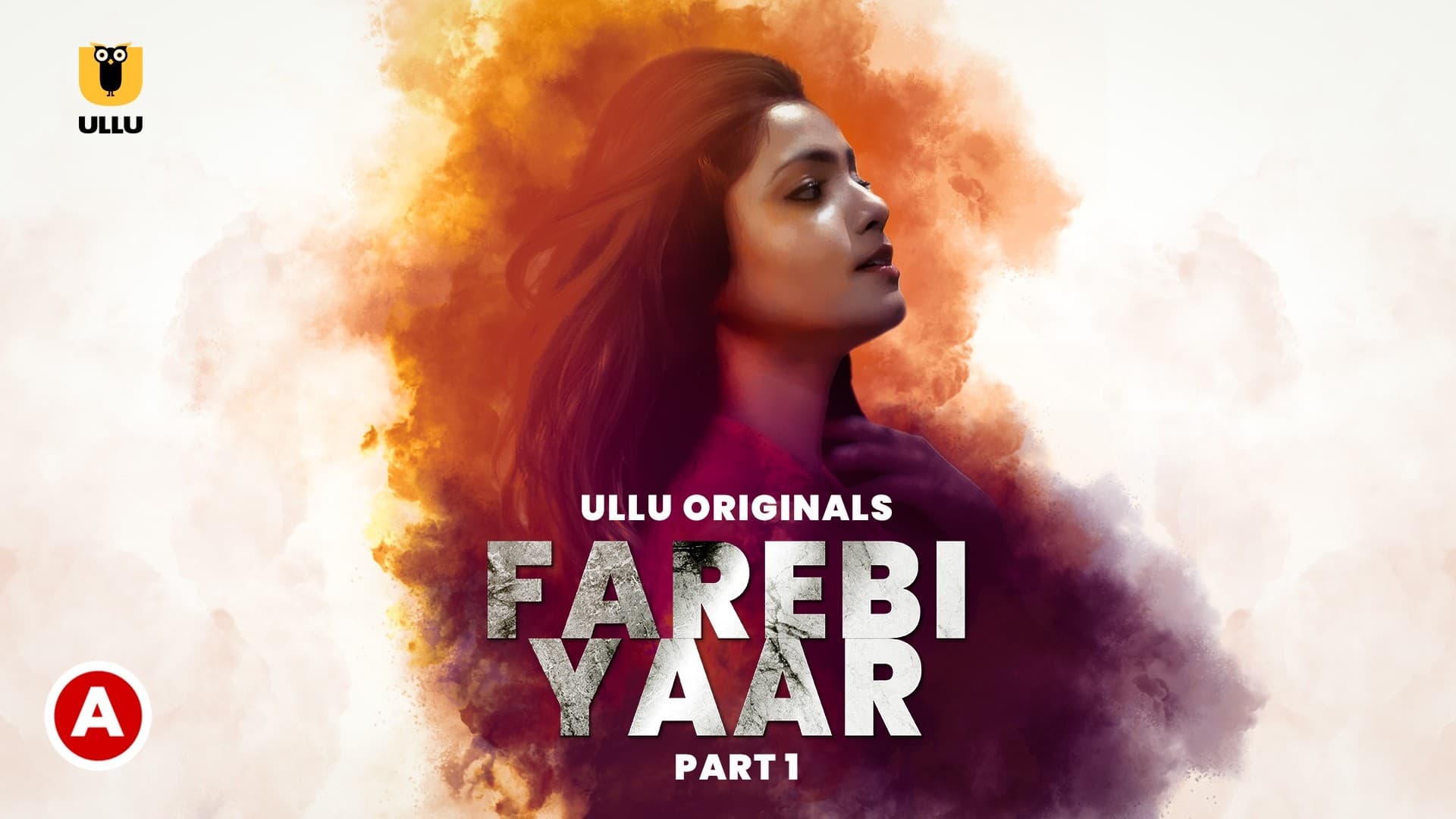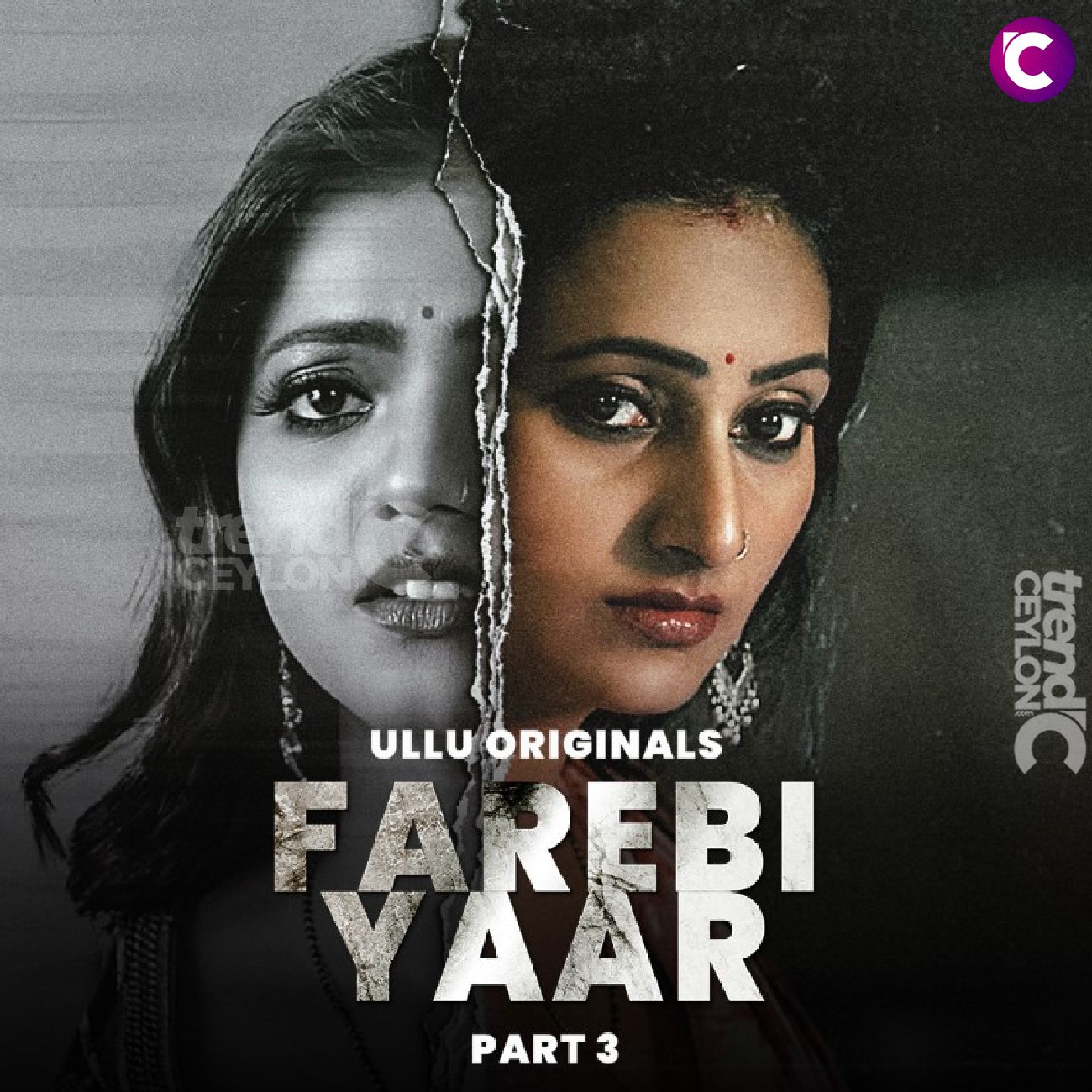Farebi Yaar: The Ultimate Guide To Understanding And Embracing This Heartwarming Trend
Have you ever stumbled upon the term "farebi yaar" and wondered what it really means? Well, let me tell you, this phrase has been making waves across social media platforms and has become a cultural phenomenon. Whether you're diving deep into South Asian pop culture or simply curious about how language evolves in the digital age, understanding "farebi yaar" is key. So, buckle up, because we're about to take you on a journey through its origins, significance, and why it matters to people all around the globe.
Nowadays, phrases like "farebi yaar" aren't just random words—they're cultural touchstones that bring communities together. In an era where communication happens at lightning speed, these terms often carry deeper meanings that go beyond their literal translations. For many, "farebi yaar" represents friendship, loyalty, and the bonds we share with those who matter most.
So, what exactly does "farebi yaar" mean? Simply put, it's a phrase used to describe someone who is your best friend or a person you deeply trust. But don't let the simplicity fool you—there's so much more to it than meets the eye. Stick around as we break it down for you step by step, ensuring you walk away with a clear understanding of why this term has become so beloved.
- Movies Rulz The Ultimate Guide To Why Movies Are The King Of Entertainment
- Move Rulz The Ultimate Guide To Mastering The Art Of Movement
What is Farebi Yaar? A Deeper Dive
To truly grasp the essence of "farebi yaar," we need to break it down into its components. "Farebi" roughly translates to "best" or "closest," while "yaar" means "friend." Together, they form a phrase that signifies the ultimate level of camaraderie. It's not just about having a casual acquaintance; it's about having someone who stands by you through thick and thin.
Let's look at some key aspects:
- Emotional Connection: "Farebi yaar" isn't just about sharing laughs; it's about sharing life's ups and downs.
- Trust: A farebi yaar is someone you can rely on no matter what.
- Unconditional Support: This kind of friendship thrives on mutual respect and understanding.
It's fascinating how a simple phrase can encapsulate such profound emotions. As we explore further, you'll see why "farebi yaar" resonates with so many people across different cultures and backgrounds.
- Hdhub4uin Your Ultimate Destination For Highquality Movies And Entertainment
- Hd4hub Hindi Your Ultimate Destination For Highquality Hindi Movies And Series
Origins of Farebi Yaar
Like any cultural phenomenon, "farebi yaar" didn't just appear out of thin air. Its roots can be traced back to South Asia, where phrases like these are commonly used in everyday conversations. Over time, as the region's influence grew globally, so did the popularity of terms like "farebi yaar."
But how did it make its way into mainstream consciousness? Well, social media played a huge role. Platforms like TikTok, Instagram, and Twitter have allowed users to share content that celebrates friendships and relationships. As a result, phrases like "farebi yaar" gained traction and became part of the global lexicon.
How Social Media Amplified the Trend
Social media platforms have a way of amplifying cultural trends, and "farebi yaar" is no exception. Influencers and content creators began incorporating the phrase into their posts, videos, and captions. Before long, it was everywhere!
- TikTok Challenges: Users created challenges centered around celebrating their farebi yaars, complete with fun music and dance moves.
- Instagram Stories: People started tagging their best friends in posts with the hashtag #FarebiYaar.
- Twitter Threads: Conversations about the importance of true friendship gained momentum, with "farebi yaar" being a recurring theme.
As these platforms continued to grow, so did the reach of "farebi yaar." It's a testament to how digital spaces can bring people together and foster a sense of community.
Why Farebi Yaar Matters
In a world that often feels chaotic and unpredictable, having someone you can call your farebi yaar is invaluable. This phrase reminds us of the importance of genuine connections in our lives. Whether it's a shoulder to cry on or someone to celebrate life's victories with, a farebi yaar is irreplaceable.
Research shows that strong social connections contribute significantly to mental and emotional well-being. A study conducted by the American Psychological Association found that individuals with supportive friendships tend to experience lower levels of stress and higher overall satisfaction in life. So, calling someone your farebi yaar isn't just a cute saying—it's a declaration of the value you place on that relationship.
Building Meaningful Relationships
So, how do you cultivate a farebi yaar relationship? It all comes down to effort, communication, and trust. Here are a few tips:
- Be Honest: Open and honest communication is the foundation of any strong friendship.
- Support Each Other: Be there for your friend during both good and bad times.
- Respect Boundaries: While closeness is important, respecting each other's personal space is equally crucial.
Remember, relationships require work from both sides. By investing time and energy into your friendships, you're more likely to develop deep, lasting bonds.
Cultural Impact of Farebi Yaar
As "farebi yaar" continues to gain popularity, its cultural impact becomes increasingly evident. It serves as a reminder of the universal nature of friendship and the shared human experience. No matter where you're from or what language you speak, the desire for meaningful connections transcends borders.
In fact, many cultures have their own versions of "farebi yaar." For example, in Spanish, you might hear "mi mejor amigo" or "mi compadre." In French, "mon meilleur ami" conveys a similar sentiment. These variations highlight the universality of the concept and underscore its importance in our lives.
Celebrating Diversity Through Language
One of the beautiful things about phrases like "farebi yaar" is how they celebrate diversity while promoting unity. By embracing terms from different cultures, we acknowledge the richness of global traditions and the common threads that connect us all.
Moreover, using phrases like "farebi yaar" in everyday conversation helps bridge gaps between communities. It encourages cross-cultural exchanges and fosters understanding among people from various backgrounds.
Common Misconceptions About Farebi Yaar
Despite its widespread popularity, there are some misconceptions surrounding "farebi yaar." Some people assume it's just a trendy buzzword with no real significance. Others think it's limited to a specific demographic or region. Let's clear up some of these misunderstandings:
- It's More Than Just a Trend: While "farebi yaar" may have gained popularity recently, its meaning runs much deeper than fleeting trends.
- It's Universal: The concept of having a best friend is universal and applies to people of all ages, genders, and backgrounds.
- It's Not Exclusive: You don't have to belong to a particular group to understand or use the phrase.
By addressing these misconceptions, we can appreciate "farebi yaar" for what it truly represents—a celebration of friendship in all its forms.
Practical Applications of Farebi Yaar
So, how can you incorporate "farebi yaar" into your daily life? Beyond using it as a term of endearment, there are practical ways to apply its principles:
- Strengthen Your Friendships: Take time to nurture your relationships by checking in on your friends regularly.
- Express Gratitude: Let your farebi yaar know how much they mean to you through thoughtful gestures and words.
- Create Memories Together: Plan activities or trips that allow you to bond and create lasting memories.
These small actions can go a long way in deepening your connections and making your friendships even stronger.
Using Farebi Yaar in Digital Communication
In today's digital age, much of our communication happens online. Incorporating "farebi yaar" into your social media posts, messages, and comments can add a personal touch to your interactions. It shows that you value the relationship and are willing to go the extra mile to make your friend feel appreciated.
For instance, you could caption a photo with your best friend as "Me and my farebi yaar" or use the phrase in a heartfelt message. Little things like this can mean a lot to the people in your life.
Expert Insights on Farebi Yaar
To gain a more comprehensive understanding of "farebi yaar," we reached out to experts in the field of cultural studies and psychology. Their insights shed light on why this phrase has become so significant.
Dr. Sarah Patel, a cultural anthropologist, explained, "Phrases like 'farebi yaar' reflect the evolving nature of language and how it adapts to reflect societal values. They remind us of the importance of human connection in an increasingly digital world."
Meanwhile, psychologist Dr. John Anderson noted, "Friendships play a critical role in mental health and well-being. Terms like 'farebi yaar' help reinforce the importance of nurturing these relationships and recognizing their value."
Why Experts Agree Farebi Yaar is Important
Experts across disciplines agree that phrases like "farebi yaar" serve a vital purpose in modern society. They encourage people to prioritize their relationships and appreciate the people who matter most. In a world that often prioritizes productivity over personal connections, these reminders are more important than ever.
As Dr. Patel put it, "Language is a powerful tool, and phrases like 'farebi yaar' remind us to use it wisely—to celebrate the bonds that make life worth living."
Conclusion: Embrace Your Farebi Yaar
By now, you should have a solid understanding of what "farebi yaar" means and why it matters. It's more than just a phrase—it's a celebration of friendship, trust, and the bonds that make life richer and more fulfilling.
We encourage you to take action and embrace the farebi yaar in your life. Whether it's through heartfelt conversations, shared experiences, or simply letting them know how much they mean to you, every effort counts. And don't forget to share this article with your own farebi yaar—they'll appreciate the gesture!
Let's keep the spirit of "farebi yaar" alive by cherishing the people who bring joy and meaning to our lives. After all, life's greatest treasures aren't things—they're the connections we create and nurture along the way.
Table of Contents
- What is Farebi Yaar? A Deeper Dive
- Origins of Farebi Yaar
- Why Farebi Yaar Matters
- Cultural Impact of Farebi Yaar
- Common Misconceptions About Farebi Yaar
- Practical Applications of Farebi Yaar
- Expert Insights on Farebi Yaar
- Conclusion: Embrace Your Farebi Yaar
- Ullu Tamil Web Series Download Your Ultimate Guide To Streaming And Downloading
- Tamil Ullu The Ultimate Guide To Understanding The Viral Sensation

Farebi Yaar (TV Series 2023 ) Backdrops — The Movie Database (TMDB)

Farebi Yaar 3 Cast Trailer Watch Show Stills Reviews

Elinor Shahar YAAR